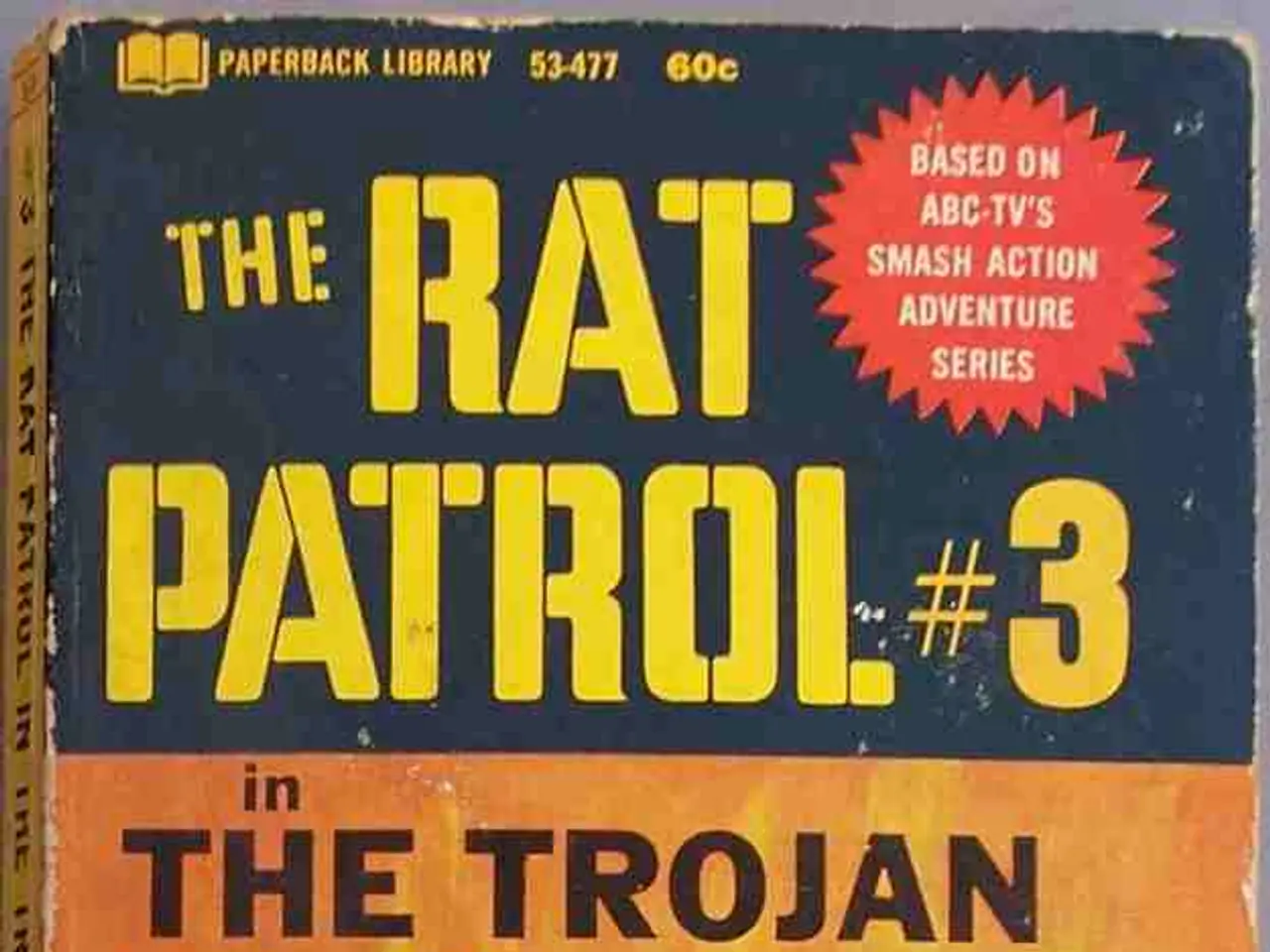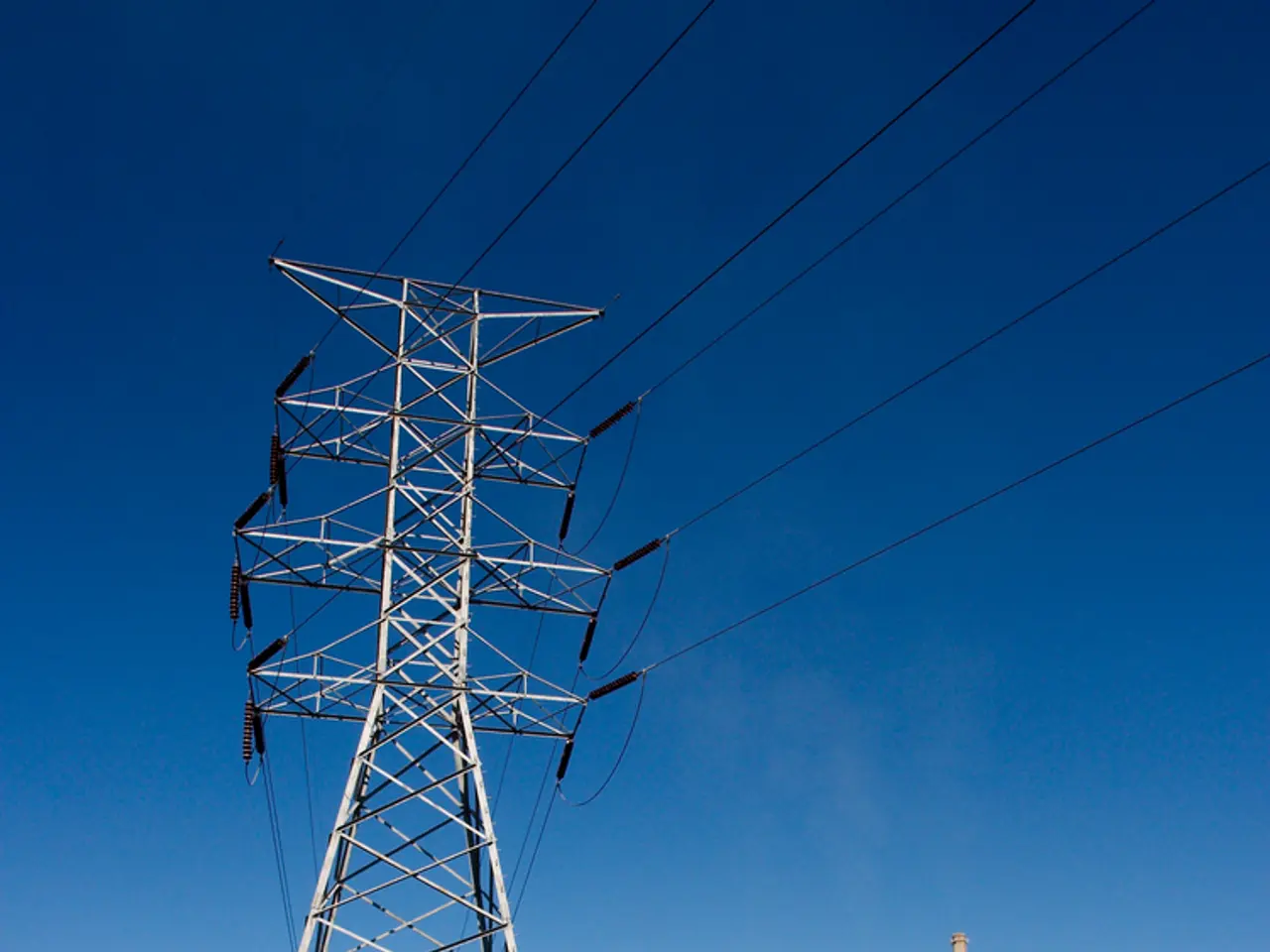Iran Emerged Victorious in the War with Israel and the U.S.A.
late-breaking news indicates that Israel and Iran have agreed to a ceasefire, putting an end to the 12-day conflict known as "The 12 Day War." This ceasefire is a significant development, marking a potentially significant shift in the Middle East region.
The ceasefire was announced by none other than President Donald Trump, who stated that both Israel and Iran have agreed to the terms of the ceasefire, involving two consecutive 12-hour ceasefire periods: first, Iran will halt hostilities, followed by Israel for 12 hours, after which the war will officially be over. Remarkably, neither Israeli nor Iranian officials have publicly commented on Trump's announcement, suggesting the U.S. may have played a crucial role in brokering or at least announcing the ceasefire.
The war began on June 12 when Israel launched strikes against Iran's military and nuclear targets in a preemptive move. Throughout the conflict, Iran was portrayed as a primary supporter of Hamas and various militant groups, with Israel inflicting considerable damage on Iran's military and nuclear capabilities. The conflict showcased Israel's advanced technology and strategic military capabilities, reinforcing its deterrence posture in the region.
Just before the ceasefire, Iran launched 14 medium- and short-range ballistic missiles targeting the largest U.S. base in the Middle East—Al Udeid Airbase in Qatar. remarkably, 13 of the missiles were intercepted by U.S. and partner forces, with one missile causing minimal damage. No U.S. or Qatari personnel were reported injured or killed in the attack. Iran claimed that this was retaliation for recent U.S. strikes on Iranian nuclear facilities. Initial reports of missile attacks on the Ain al Asad Airbase in Iraq were refuted by U.S. officials, indicating that the missile threat was primarily aimed at Al Udeid Airbase.
The missile attack was largely symbolic and failed to significantly damage U.S. assets or escalate the conflict. President Trump described the Iranian response as "very weak." Many view the ceasefire as a positive development, representing a lowering of immediate tensions in the region. However, officials remain wary, emphasizing the need for a robust, lasting agreement to prevent renewed hostilities and address the strategic challenges posed by Iran's backing of proxies and nuclear ambitions.
In an unusual turn of events, Iran also reportedly launched a missile attack on one or more U.S. bases in the Middle East, in response to U.S. strikes on Iranian territory. However, U.S. confidence in the destruction of Iran's nuclear facilities remains unproven, and it remains to be seen how this ceasefire will affect the ongoing standoff between Israel and Iran. As the dust settles, we will continue to monitor the situation closely and provide updates as they become available.
The ceasefire, brokered by President Donald Trump, marks a significant shift in the Middle East's general news and politics, as it puts an end to the 12-day war between Israel and Iran, known as "The 12 Day War." Amidst the war's conclusion, war-and-conflicts news continues to unfold, as both parties remain silent on Trump's ceasefire announcement, suggesting the U.S.' potential role in the negotiations or announcement.






